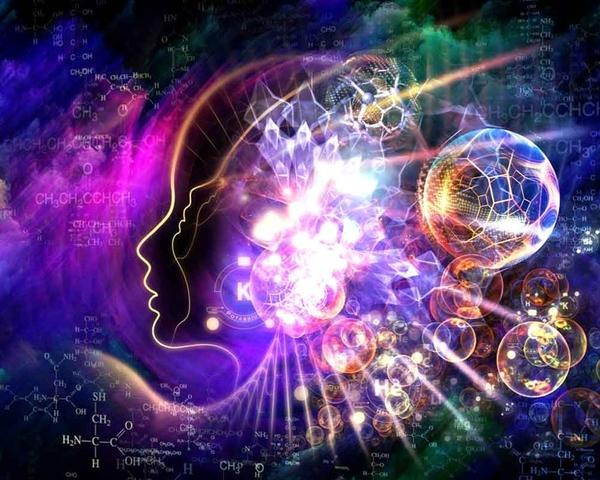While philosophy, science, religion, and spirituality seek the truth, their approaches differ. Let us understand their differences.
Philosophy
Philosophy is often called the love of wisdom. It asks fundamental questions like what is right and wrong, what is the purpose of life, how we should live, etc. It uses logic to answer these questions. For instance, based on logic and reason, it comes up with certain principles of ethics, like
Honesty is the best policy
Nonviolence is the supreme duty
It proposes ideas that can improve your life and tells you what should be done. However, its principles are based on logic and not validated by empirical studies. Hence, there is no empirical study to prove that honesty is the best policy or that nonviolence is better than violence. In fact, it is easy to see that many dishonest people live better lives, and the most powerful people or countries are those that are violent.
Science
Earlier, all types of logical knowledge were called philosophy, and science was called ‘philosophy of nature’. When a philosophy is supported by empirical evidence, it becomes a science. Science tells you the reality as it is and not what reality should be.
Science is very useful in understanding the natural phenomenon when inert matter is involved. However, in the matter of human beings, where the most cherished human goals like love, happiness, peace, and honour are not measurable, science is not helpful.
Religion
Religion is similar to philosophy as it also teaches us what is right and wrong, how we should live, what the purpose of life is, etc. However, unlike philosophy, it lacks a reason for developing its principles. Instead, it prescribes the same principles using the character of Gods and asks the people to follow them without question.
Religion thus becomes a rigid philosophy since it can’t be questioned or changed with time. However, it provides stability, and it can be followed by everyone, unlike philosophy, which requires deeper knowledge of reason and logic.
Spirituality
Every religion has an infallible and omniscient God. However, there can only be one God and it can’t be different for all religions. In reality, the teachings of God in every religion are different. For instance, the Muslim God prohibits people from drinking alcohol, while a Christian God allows it. Hence, there is often conflict between people of different religions as they all believe in different truths.
Spirituality is a broad concept with room for many perspectives, which includes a sense of connection to something bigger than ourselves, and it typically involves a search for meaning in life. As such, it is a universal human experience—something that touches us all.
A spiritual person believes in the concept of God, but not as it is mentioned in any particular religion. Instead, he ignores the conflicting opinions and tries to find the common truth among all religions to connect with God directly through his soul and imbibe the good qualities to become an ideal human being.
Albert Einstein once said, “All religions, arts and sciences are branches of the same tree. All these aspirations are directed toward ennobling man's life, lifting it from the sphere of mere physical existence and leading the individual toward freedom.”

Accordingly, while philosophy, religion, science, and spirituality are different in many ways, they all seek to find the truth and guide human beings to lead good and happy lives. They complement each other. Albert Einstein explained their mutual dependence by stating,“Science without religion is lame; religion without science is blind.”
A wise human must have a philosophy in life, which he must follow religiously. However, he must never forgo his faculty of reason or develop blind faith in anything. Spirituality helps us combine these and realise our inner selves to choose our best path.
Source of picture: Google Images


No comments yet, come on and post~